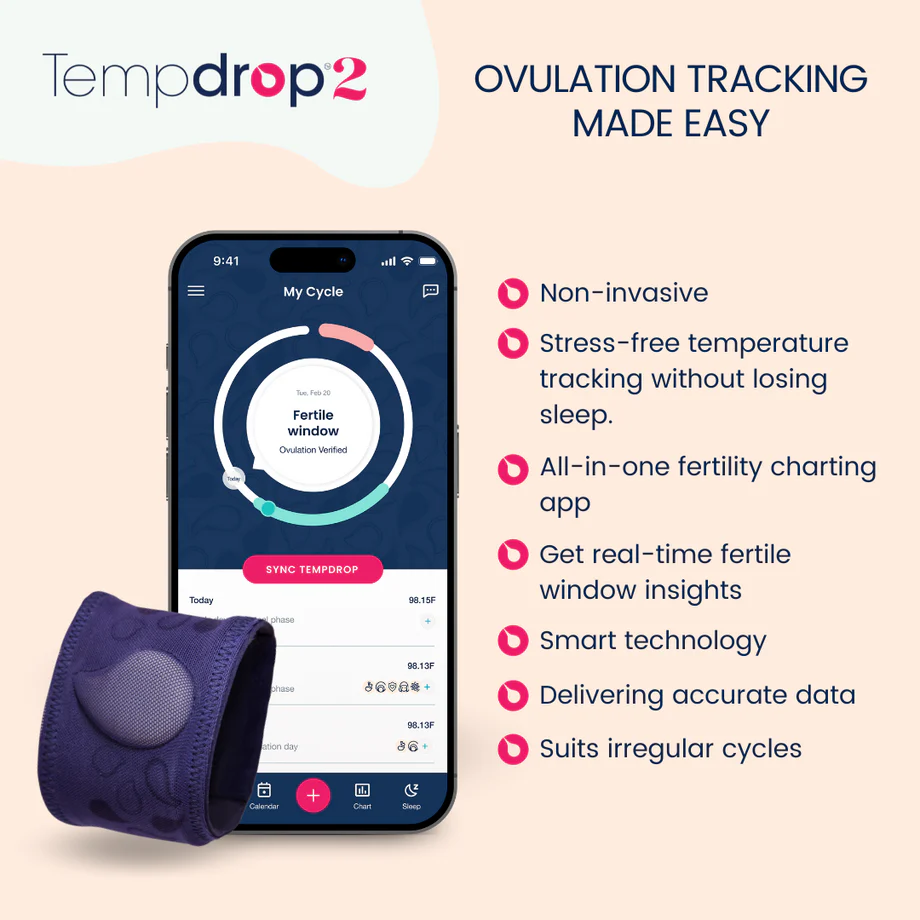What Does a Healthy Cycle Look Like?
Your menstrual cycle is one of the best indicators of your overall health. From ovulation to the timing and flow of your period to how you feel throughout your cycle, every detail tells a story about your hormones. Understanding what’s considered normal (and what isn’t) can help you spot imbalances early and take action.
Hormone Harmony
Your body provides clues when hormones are in sync (and out of sync). These can include positive changes in your menstrual cycle, and energy levels to developing skin issues, unexplained weight fluctuations, or digestive discomfort. Paying attention to these signals and understanding their connection to your hormones can help you take action.
Debunking Common Hormone Health Myths
Hormone health is surrounded by misconceptions that can mislead and confuse. Let’s set the record straight on some of the most common myths:
“Period pain is normal.” While mild discomfort is common, severe pain that prevents you from going about your daily routine is not normal. Don’t ignore it—get it checked out.
“Ovulation always happens on Day 14.” Every cycle is unique, and ovulation can vary significantly, even in people with regular cycles. Tools like basal body temperature (BBT) tracking can help you pinpoint when you ovulate.
“You can get a period every two weeks.” True menstrual periods follow ovulation, so bleeding that happens too frequently might be breakthrough bleeding or a sign of an underlying issue.
“Hormonal acne only affects teenagers.” Hormonal fluctuations can cause acne at any age, often linked to stress, diet, or changes in hormone levels.
Small Steps Toward Hormonal Balance
Supporting your hormones doesn’t have to be complicated. Simple adjustments—like nourishing your body with balanced meals, getting enough sleep, managing stress, and staying active—can make a significant difference. Tracking body signs like basal body temperature, cervical mucus and pms symptoms offer insights into how your hormones are functioning.
Hormonal health is a journey, and no two paths are the same. Whether you’re addressing a specific concern, like irregular cycles or acne, or simply looking to feel more in tune with your body, knowledge is your most powerful tool.











